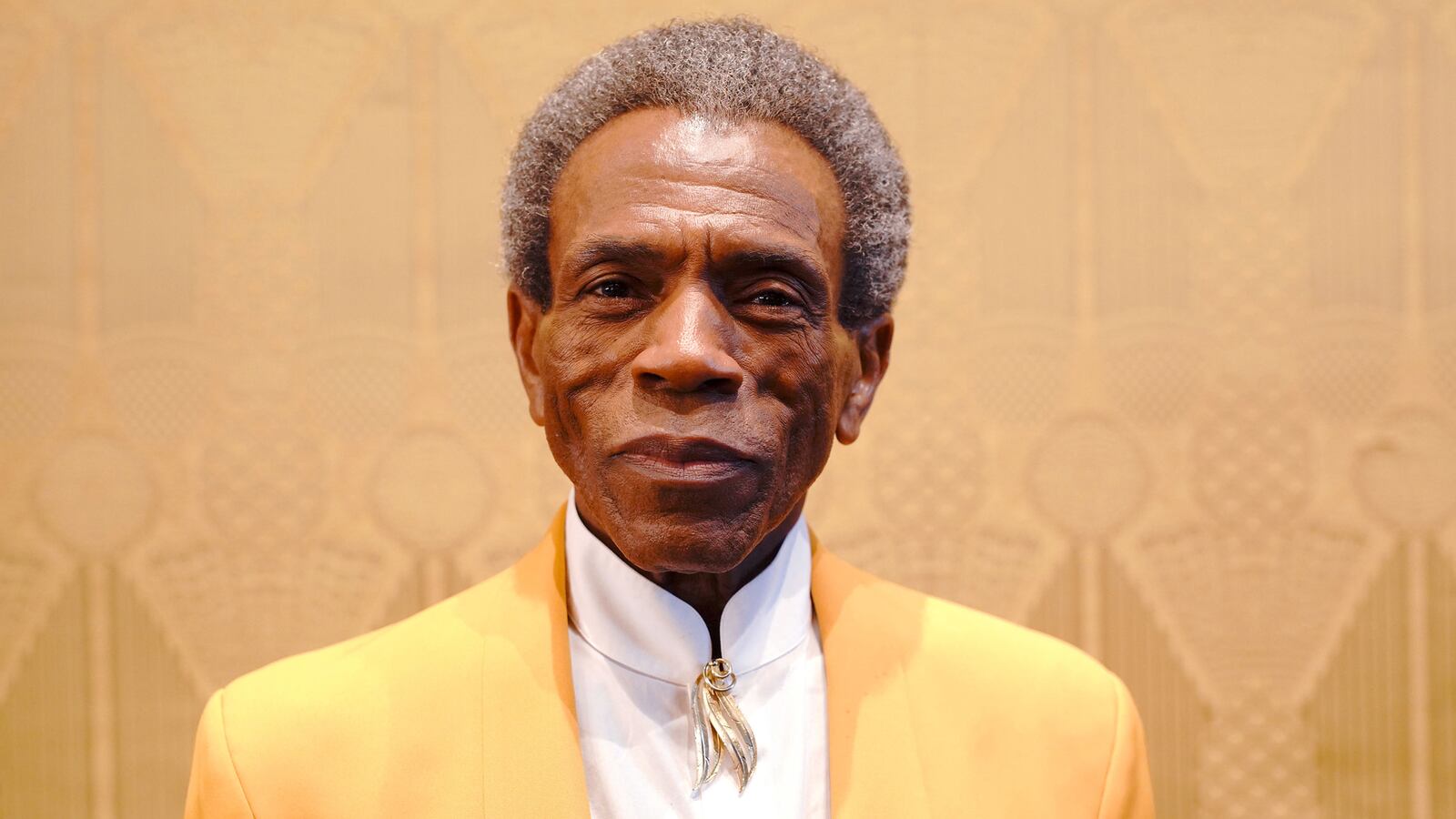In this special series, LGBT celebrities and public figures talk to Tim Teeman about the Stonewall Riots and their legacy—see more here.
André De Shields is a Tony Award-winning (and many other awards-winning and nominated) actor for Hadestown, in which he plays Hermes. He originated the title role of The Wiz in 1975, and in 2007, he won an Obie Award for sustained excellence in performance.
When and how did you first hear about the Stonewall Riots, and what did you make of them?
I was definitely aware of them, and people like Sylvia Rivera. She wasn’t welcome with open arms by the movement. I remember one of the early Gay Liberation rallies at Union Square in New York City. Sylvia got up on stage and tried to speak, and was physically removed from the stage by her gay brothers because she wasn’t normative.
What is their significance for you? How far have LGBT people come in the last 50 years, and what would you like to see next?
Every once in a while now I hear Sylvia spoken of as a heroine, so I’m thinking, “The younger the soldier in the revolution, the greater the number of scales has fallen from his eyes.” We’re now seeing the truth of bias.
That term “woke”? The first graduation is to be awakened, the next graduation is being woke. The third part of that graduation, which has already been put into literature by Gerome Ragni and James Rado (who wrote the book and lyrics of Hair): “Our eyes are open. Wide wide wide!” The song is about the failures of the flesh. We say all the time, “Don’t judge a book by its cover,” and “Beauty is only skin deep.”
But we do that on a daily basis. We make judgments on artifice. Hadestown is about that very transgression—judging humanity on its artifice when we know in the deepest part of our spirit that that’s bogus.


